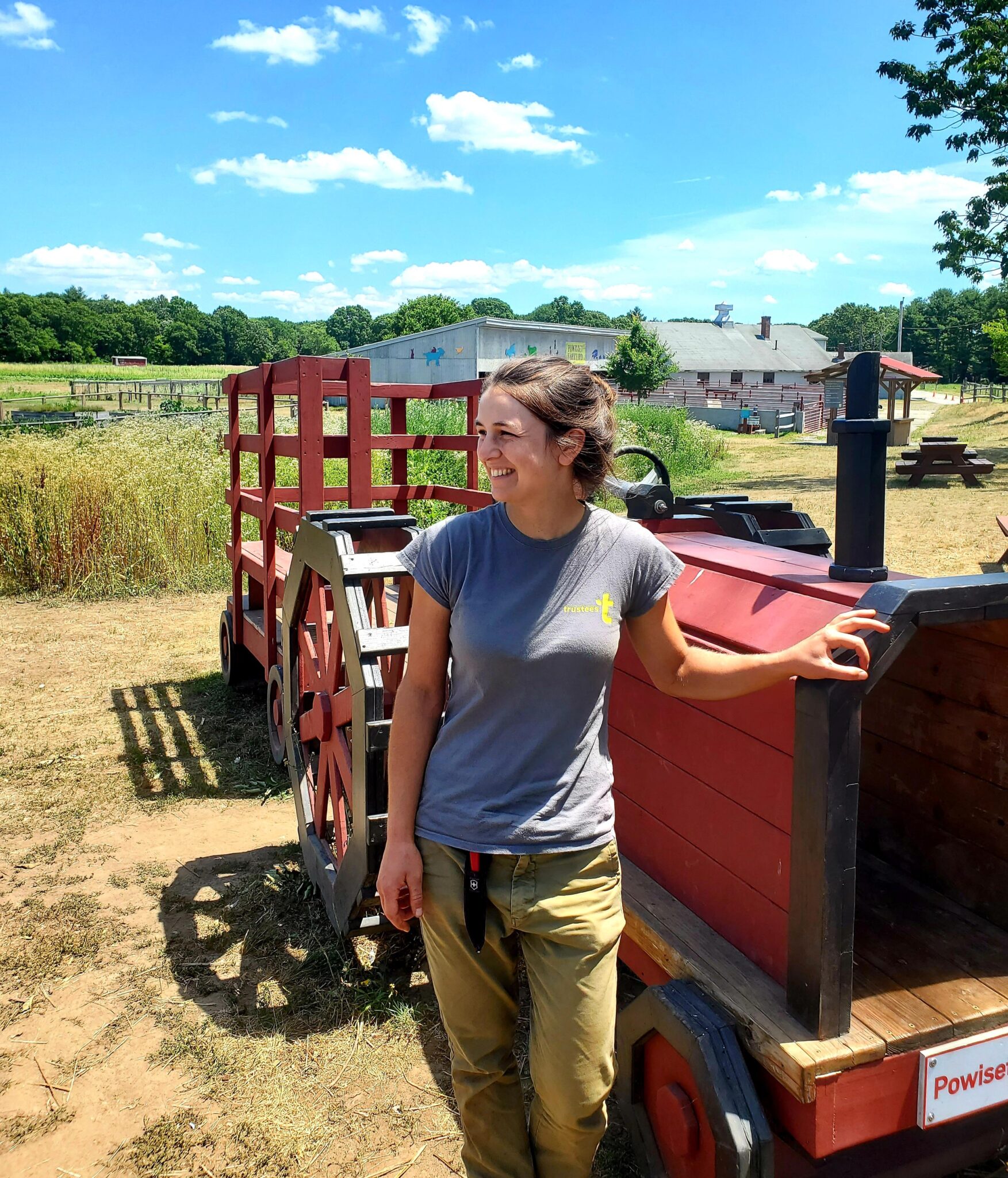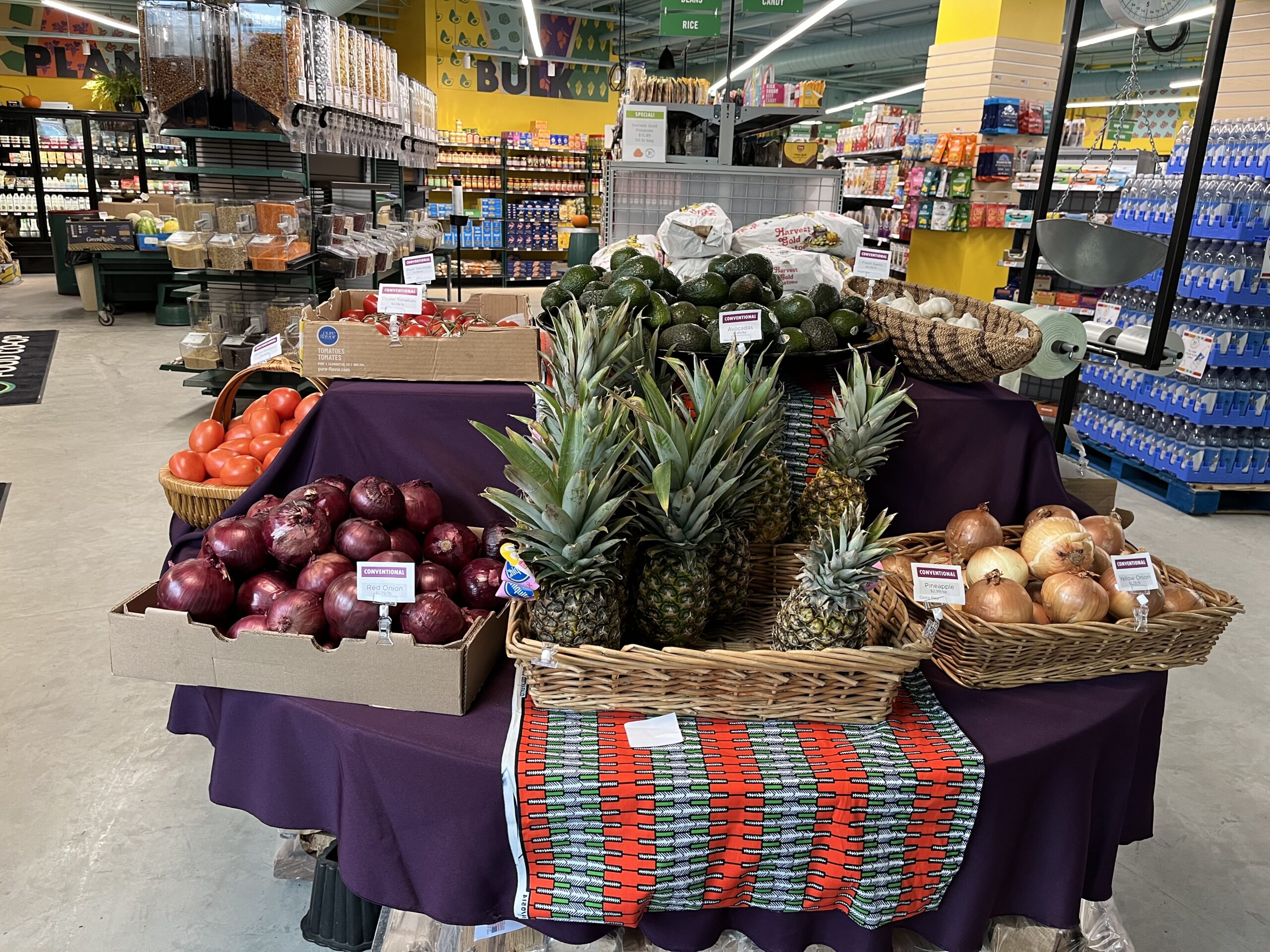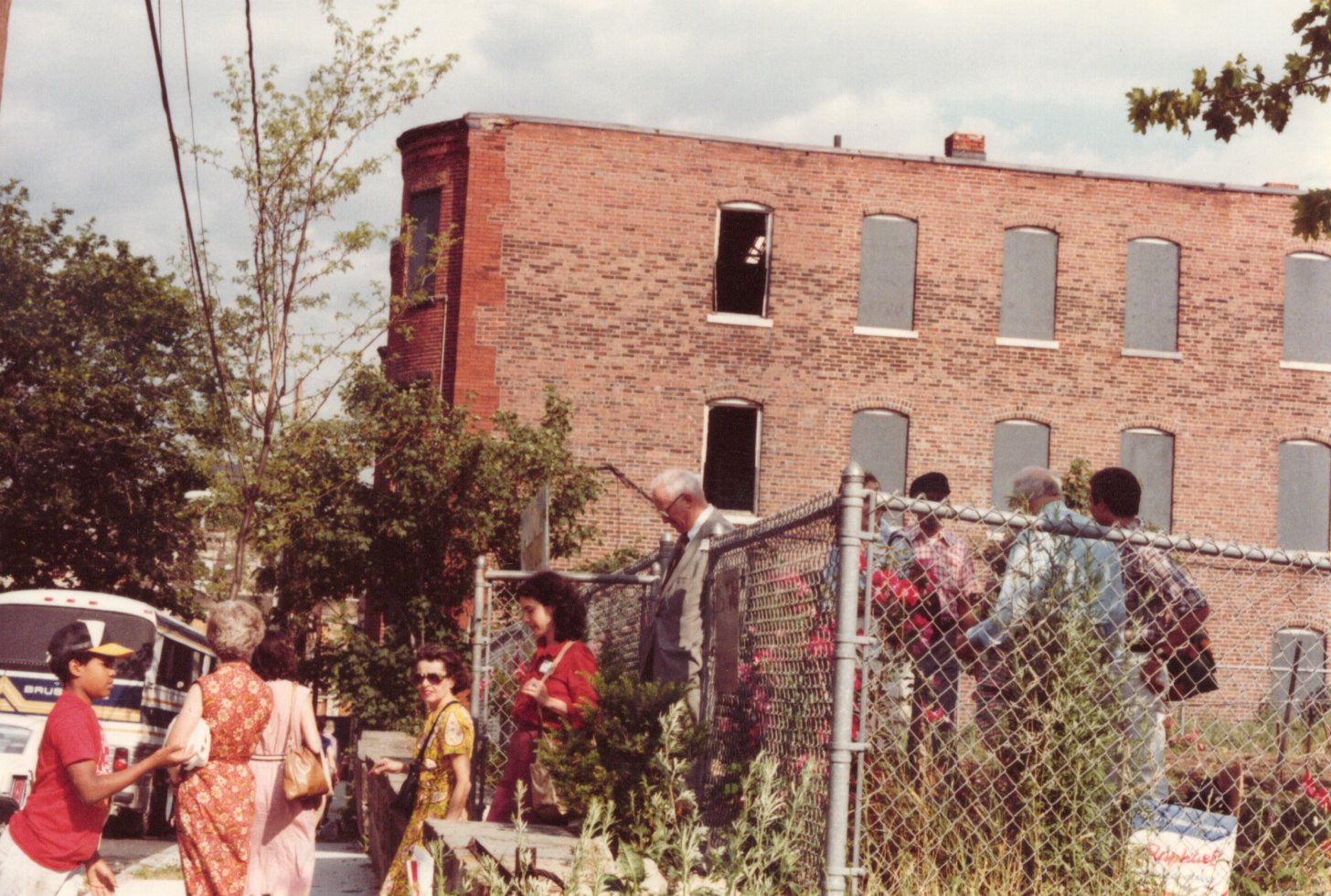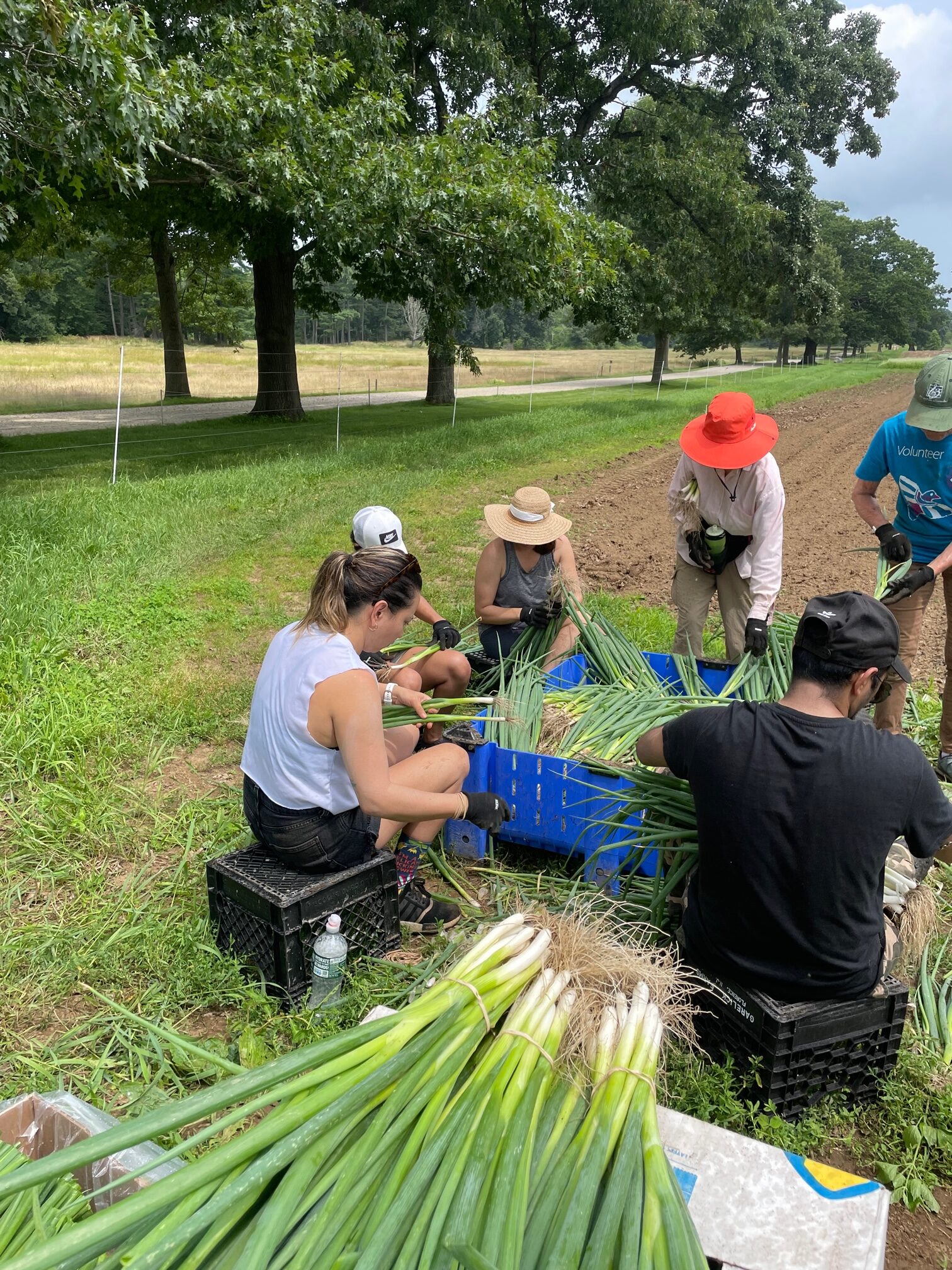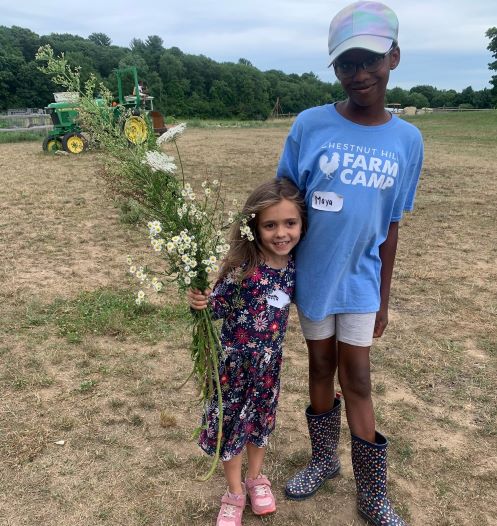
Editor’s Note: Although Chestnut Hill Farm Camp in Southborough is not running in 2024, we are excited to welcome campers to seven of our special places for this season.
During the summer of 2022, Chestnut Hill Farm in Southborough hosted its first ever summer camp season. Creating a new camp from scratch was no small feat, and the farm’s staff learned along the way as they created what was a resounding success. Building on that this year, Chestnut Hill’s Education Manager, Mary Hannah Cline, is looking forward to folding the lessons of last year into this summer’s plan.
“A lot of the camp programming last year was about embracing serendipity and learning along the way,” she says. “Luckily, we now get to factor these previous happy discoveries into intentional planning of the camp season.”
That planning includes embracing the seasonality of the farm and all that comes with the uniqueness of each week and month. While June will include tending to new plants, harvesting early maturing vegetables, or active games played in milder temperatures, hotter days in late summer will include time spent playing water games, making ice cream, building shelters in the shade of the woods, or harvesting later-season vegetables like squash or zucchini.
Two new additions to the farm and camp this year will add another layer to what campers will experience and introduce them to a very important topic: pollinators. Currently in-progress projects will result in the creation of a pollinator garden and a pollinator meadow at the farm. While they’re not directly related to the crop fields or agricultural operations, they are an important piece of the larger puzzle of supporting pollinators.
According to Alejandro Brambila, Trustees Agroecologist, who has partnered with the farm’s staff on this project, the meadow is, “a way to test out how to get different native flowering plants introduced into existing pasture grasses. I’m interested in which species do well, how well seeds can do compared to plugs, and how they can be managed to maximize resources available for pollinators throughout the season.”
The meadow is also an essential ingredient to communicating with the public, including kids who attend educational programs and camps, about native pollinators, “They’ll be able to learn the plants in the garden. There will be a path for them to walk through the meadow,” Brambila says of the summer campers, “And there’s potential for citizen science projects like bumblebee identification, too.”
Cline says with excitement that the pollinator meadow adds a lot to the camp’s already robust curriculum. “Many of the flowers and herbs that support pollinators can have a dual purpose in other camp activities. I’m excited for the kids to make pickled dilly beans with dill harvested right out of the herb garden, and I’d like to experiment with making salves and herbal teas this summer as well. I’ve long been curious to intentionally curate a garden with different plants for dying wool and fabrics, so I’m looking forward to having a meadow of brightly colored flowers to create natural dyes.”
